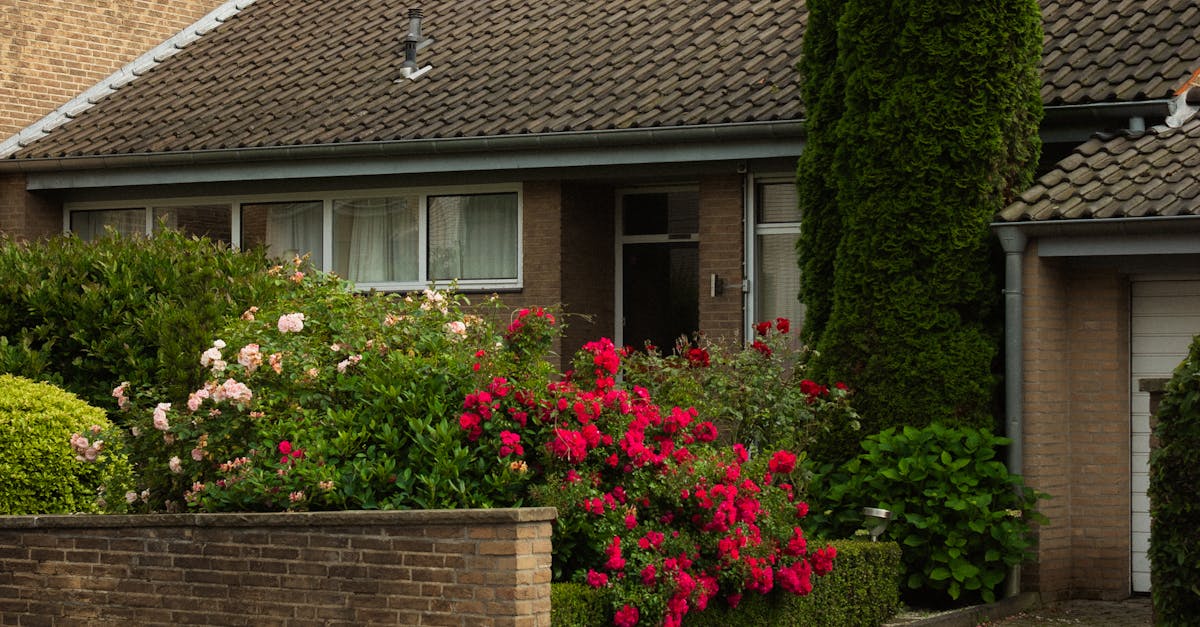Maui's proposed legislation to convert short-term vacation rentals into long-term housing continues to face significant hurdles, impacting real estate investors and the hospitality industry. The Maui County Council recently held a closed-door session, lasting over seven hours, to deliberate on the legal implications of the bill, which aims to convert approximately 6,100 short-term rentals. This comes as the county grapples with an ongoing housing crisis, particularly exacerbated by the aftermath of the 2023 wildfires.
The council's Housing and Land Use Committee, led by Council Member Tasha Kama, has been reviewing Bill 9, which proposes phasing out vacation rentals in apartment-zoned districts. The ultimate goal is to increase the availability of long-term housing for local residents. However, Civil Beat's recent report indicates that the vote on the bill has been delayed for at least three weeks, highlighting the complexity of the issue. The delay reflects the significant pushback and the necessity of addressing potential economic repercussions and legal challenges from property owners.
The bill’s impact extends beyond individual property owners, affecting the broader tourism-dependent economy of Maui. Opponents of Bill 9 have voiced concerns about economic repercussions and potential legal challenges. Supporters, on the other hand, view the legislation as an opportunity to alleviate the housing shortage and diversify the local economy. As Maui Now's latest report highlights, the council is conferring with County attorneys, indicating an expectation of potential legal battles over the bill.
Further complicating the matter is the definition of affected properties. The legislation focuses on properties on the Minatoya list, which includes roughly half of Maui’s short-term rentals. While the majority operate as vacation rentals, approximately 12% of the properties on this list are already designated as long-term rentals or owner-occupied, adding nuance to the conversion efforts. The original proposal by Mayor Bissen called for the phase-out to start in West Maui, but the proposed legislation is allowing for a transition period of up to three years, as reported by Civil Beat.
For entrepreneurs and investors, the outcome of this legislation is critical. The conversion of vacation rentals to long-term housing could significantly alter the market dynamics. The extended deliberations and potential legal challenges create a climate of uncertainty, influencing investment decisions and the strategic planning of those in the hospitality and real estate sectors. A comprehensive study by Hawaii Business Magazine (not included in search results) will likely also explore the impacts from a business perspective. The council has recessed deliberations until July 23, meaning that the situation is still unfolding.



